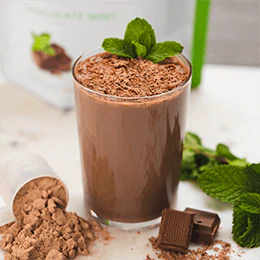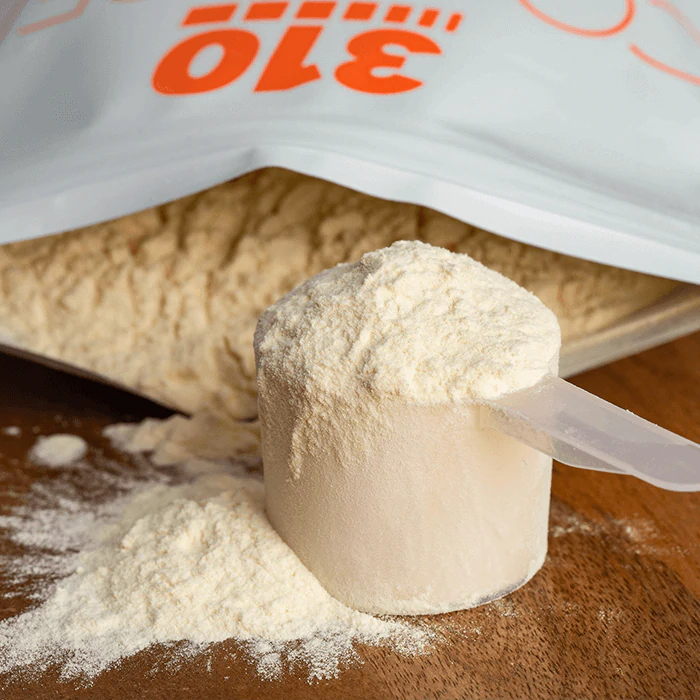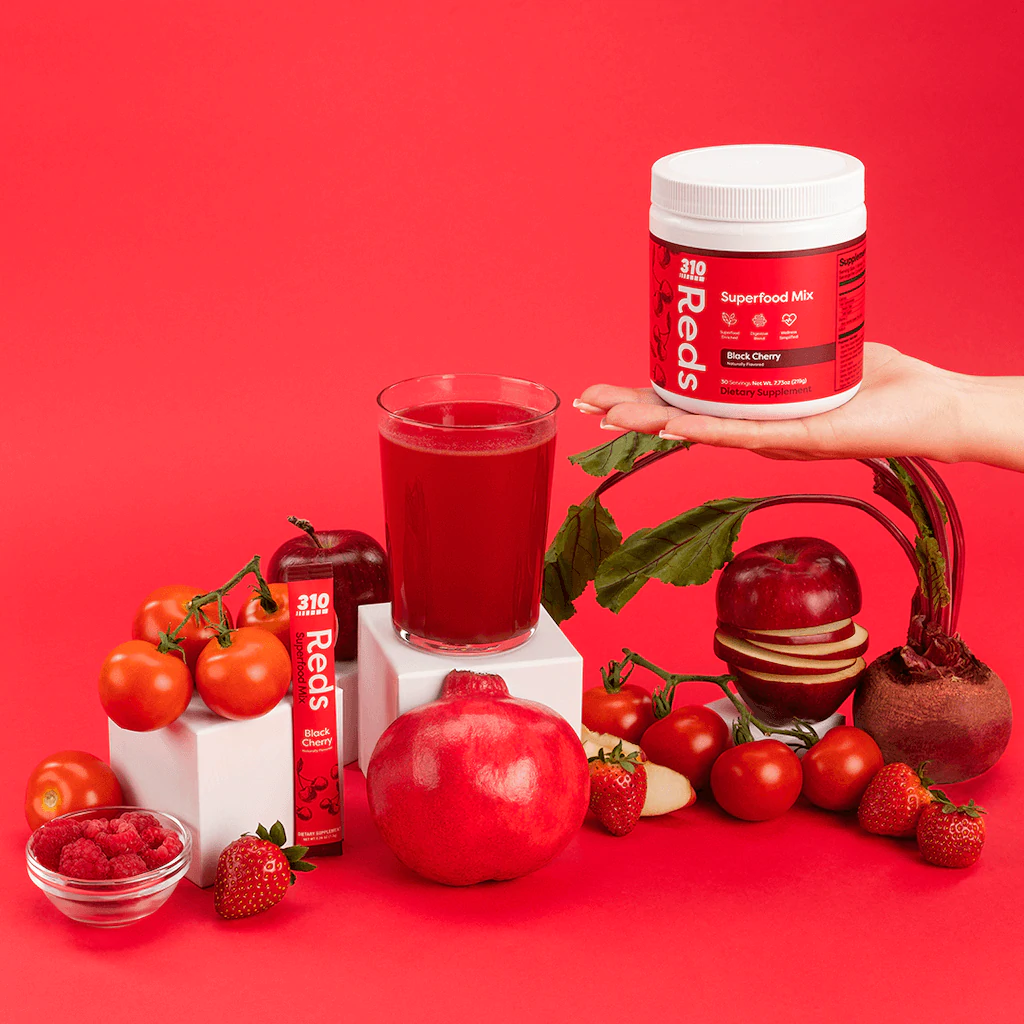Obesity by way of overeating is a prominent problem in the United States. One question that seems left unanswered is why? It may not be possible to pinpoint exactly when obesity became a problem, but the question of why it has may have an answer.
That answer is that eating has become an addiction.
Who Doesn’t Love Food?
The popular term for this addiction is “food addiction,” which creates the right sort of idea but doesn’t accurately convey the real problem. Scientifically speaking, there’s nothing in food itself that warrants addiction; it’s the actual behavior of eating1 that does. Unlike cigarettes that are addictive because of the chemical properties in nicotine, an addiction related to food is formed by the positive, reward driven associations that may come from eating.
Similar to those suffering from substance abuse, those with an eating addiction may have a drug of choice – or rather, a food of choice. Cookies, cake, potato chips, or ice cream, we all have guilty pleasures. However, those with an addiction are unable to control those urges when it comes to their guilty pleasures. A little bit leads to a lot, end of story.
This sort of addiction may leave many people dubious. It’s really just about self-control and willpower, right? If people with supposed eating addiction really wanted to stop, they could. They aren’t trying hard enough, that’s all.
Eating Addictions Are Very Real
Because this addiction is commonly referred to as a “food addiction,” it’s understandably confusing. Food doesn’t have addictive properties like cocaine or cigarettes; there isn’t anything in food that makes people unable to stop eating. That’s why it’s important to understand that food addiction is actually an eating addiction. It’s a behavior based addiction, rather than substance based.
One researcher found in over one hundred peer reviewed studies2 that humans produce opioids after ingesting sugars and fats. Opioids are the same chemically active ingredient in heroin and cocaine, as well as other narcotics. In one experiment, participants who were given an opiate blocker reported having less interest in junk food than those who didn’t take the blocker.
Basically, eating makes you feel good

Conversely, addiction to sugars and fats is correlated to malfunctions in serotonin processing. Serotonin is a neurotransmitter that relays messages from one part of the brain to another. One such body function that it influences is appetite3. When serotonin transmission is screwed up, your appetite may be as well.
Of course, there are environmental factors as well. Stress from work, family drama, and anything else that could upset a person will trigger a desire to find comfort in food. For some people this is a controllable reprieve from their normal and controlled daily diet. For those with an eating addiction, comfort eating is more like comfort bingeing.
Another reason for this binging is the role that dopamine plays in addiction. Like serotonin, dopamine is also a neurotransmitter. Dopamine is not only in control of the brain’s reward and pleasure centers, but it also affects emotional responses, helps us see potential rewards, and how to get those rewards. Initially, eating triggers dopamine, signaling the brain that this is a pleasurable experience.
Eventually those with eating addiction come to associate eating certain foods with good feelings. Those who are obese have low dopamine receptors4, which means they need to consume more in order to achieve that rewarding feeling they once got with a single bite of a donut. Except that eventually, that pleasurable feeling never comes.
Are You Addicted to Eating?
The first step to overcoming any problem is acknowledging that you have one. There’s a difference between enjoying food and being addicted to eating. Here are a few questions5 for you to ask yourself if you’re concerned that you might have an addiction.
- Do you think that you can’t control your eating?
- Have you tried and failed numerous different diets?
- Do you have negative feelings associated with your eating, like shame or guilt?
- Do you find yourself eating when you’re upset?
- Do you use food as a reward?
- Have you found that you become irritable when you try to resist a craving?
There are also social symptoms associated with eating disorders. Some people may eat in private to avoid judgment of what or how much they eat, avoid social situations because they don’t feel confident with the way they look, and steal other people’s food.

Common symptoms of eating addiction include:
- Obsessing over what and how much to eat
- Overeating at mealtimes
- Craving food right after eating a filling meal
- Constant snacking
- Hiding eating habits from family and friends
- Eating at unusual times, like the middle of the night
Of course, we all need to eat. Although a self-diagnosis isn’t the best idea because it can be inaccurate, the Yale Food Addiction Scale6 was created as a basic assessment tool. Though this scale can give you a better idea if you have a problem that needs to be treated, if you’re concerned that your eating habits are unhealthy, you should speak with a health professional who can get you the assistance required to overcome addiction.
So Close Yet So Far
There’s still a lot to learn about eating addiction. Over the past few years researchers have become more focused on understanding the science behind it. Consequentially, eating addiction is becoming more commonly accepted as the genuine health issue that it is. Hopefully understanding this issue will be the beginning of a health revolution that many people need.
Sources:
- http://www.sciencedirect.com/science/article/pii/S0149763414002140
- http://foodaddictioninstitute.org/scientific-research/physical-craving-and-food-addiction-a-scientific-review/
- http://www.webmd.com/depression/features/serotonin
- https://www.drfuhrman.com/library/onebite.aspx
- http://www.foodaddictsanonymous.org/are-you-food-addict
- http://www.midss.org/sites/default/files/yale_food_addiction_scale.pdf















